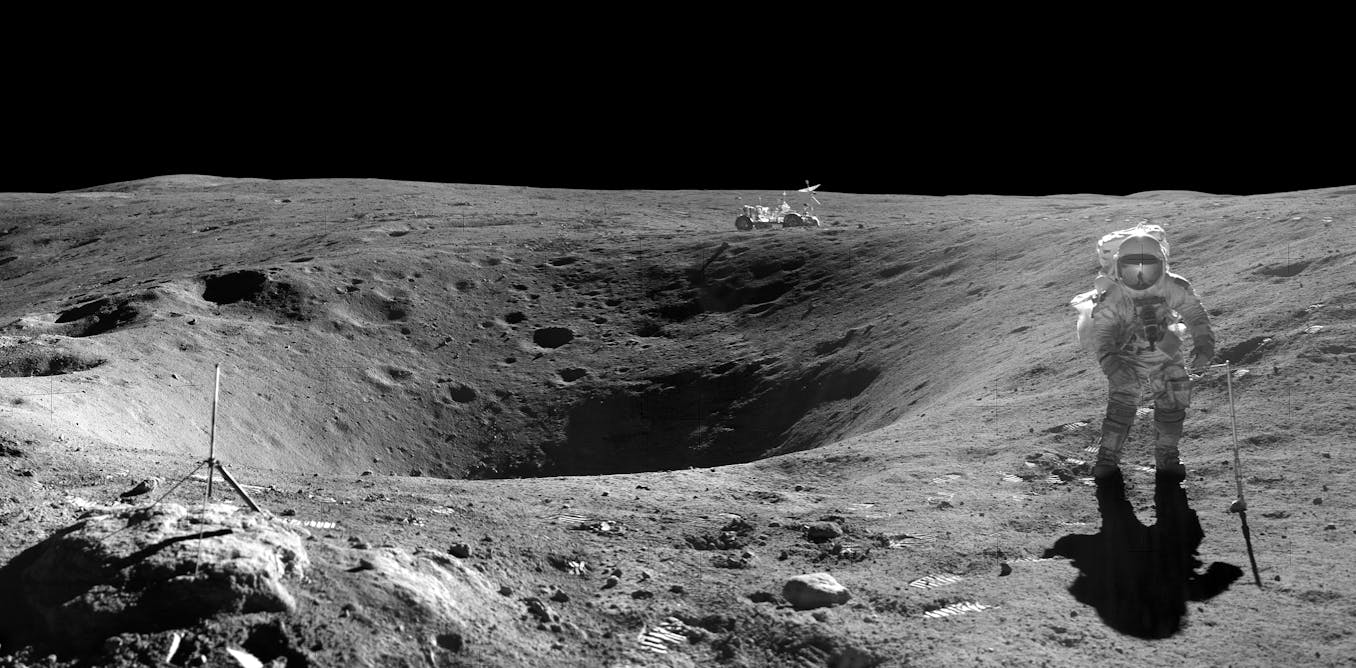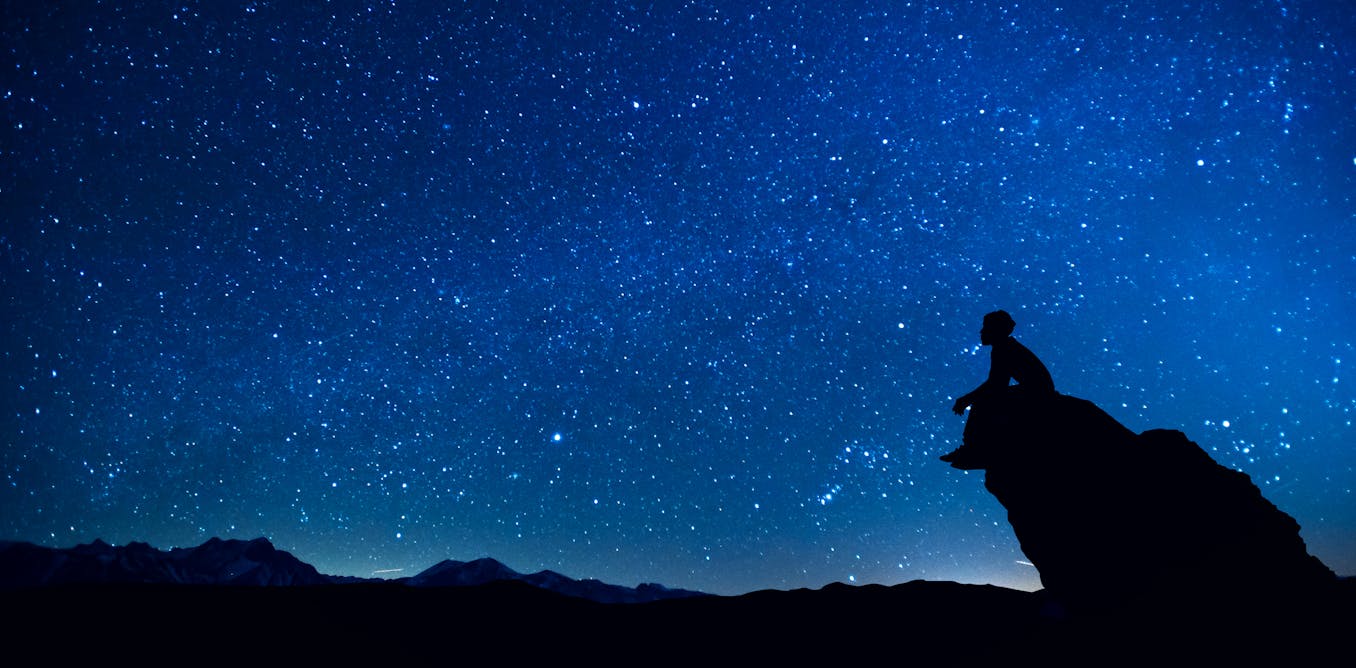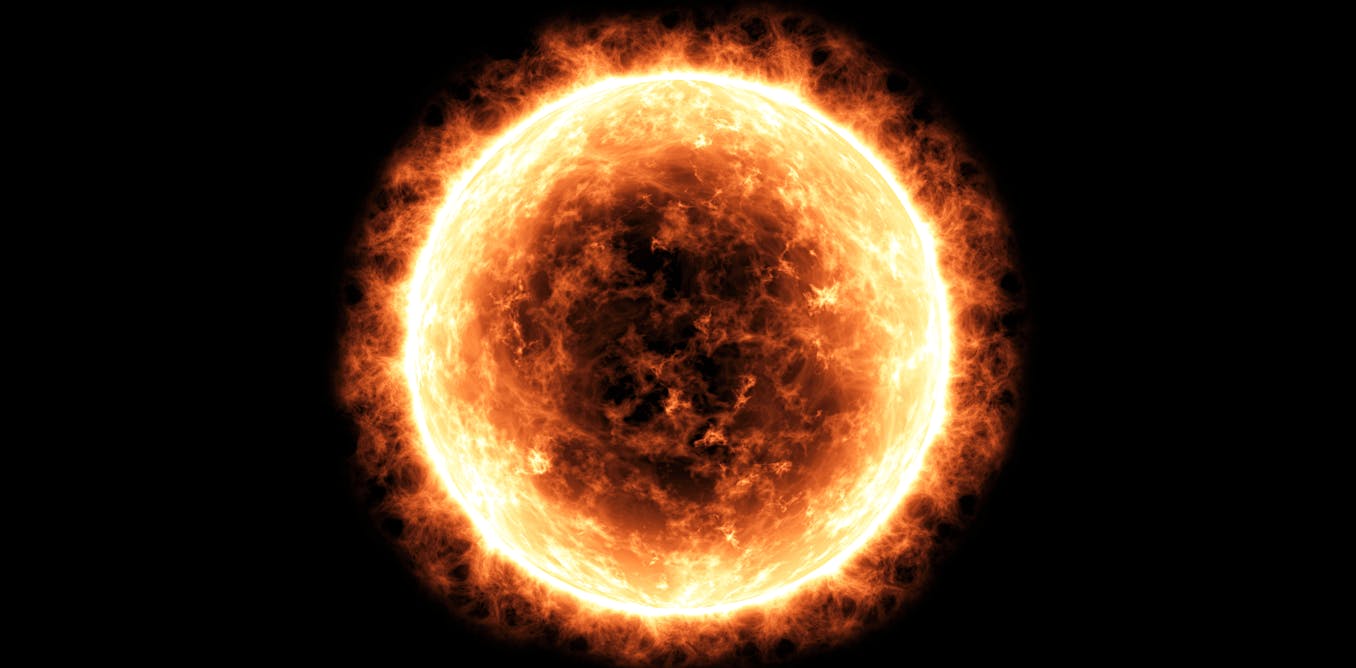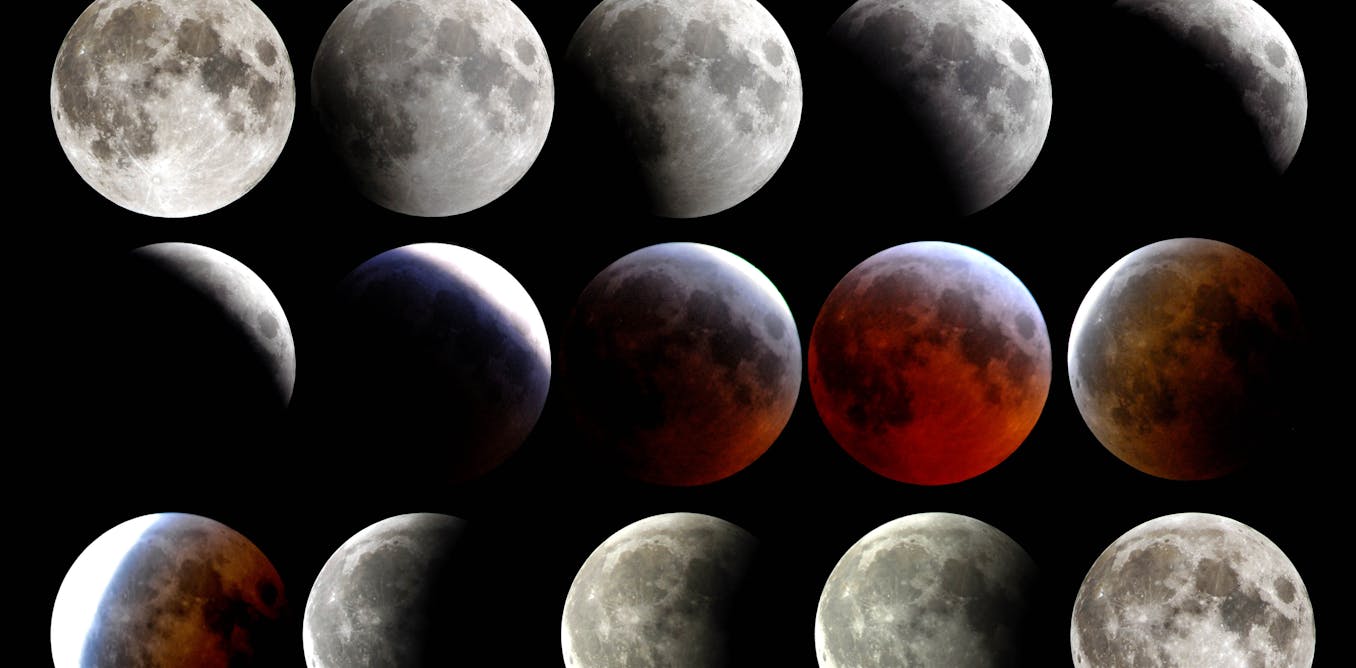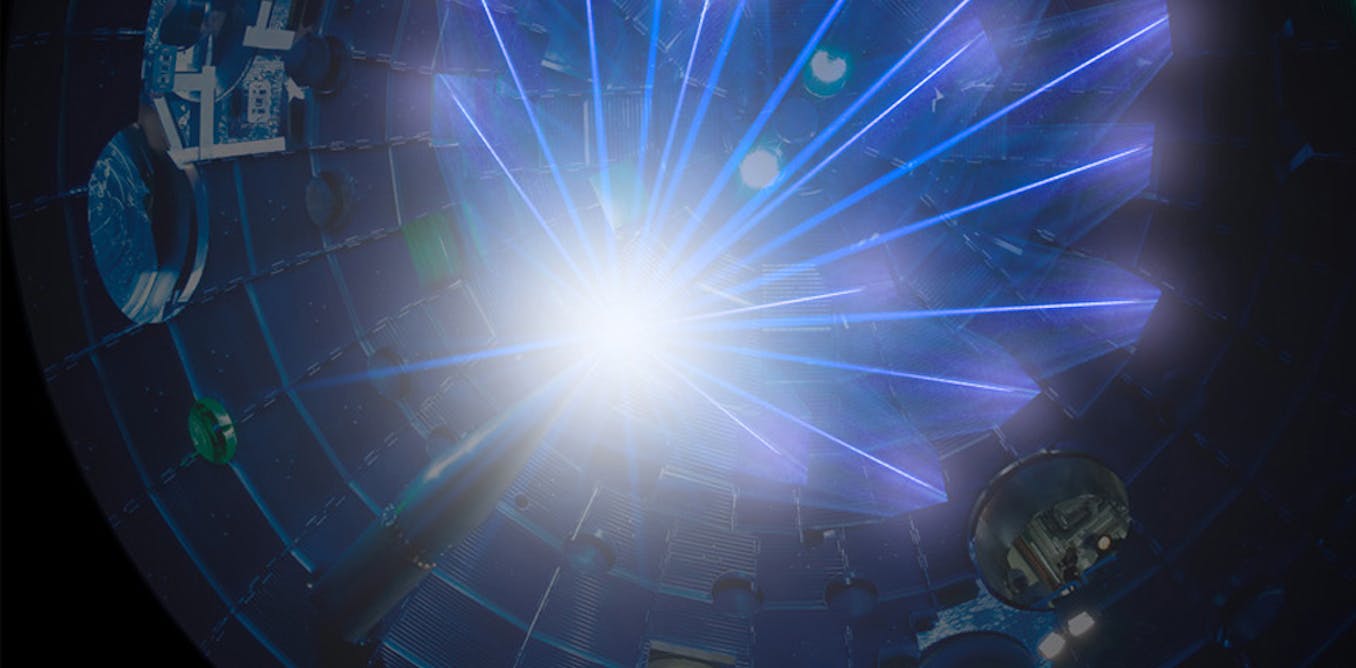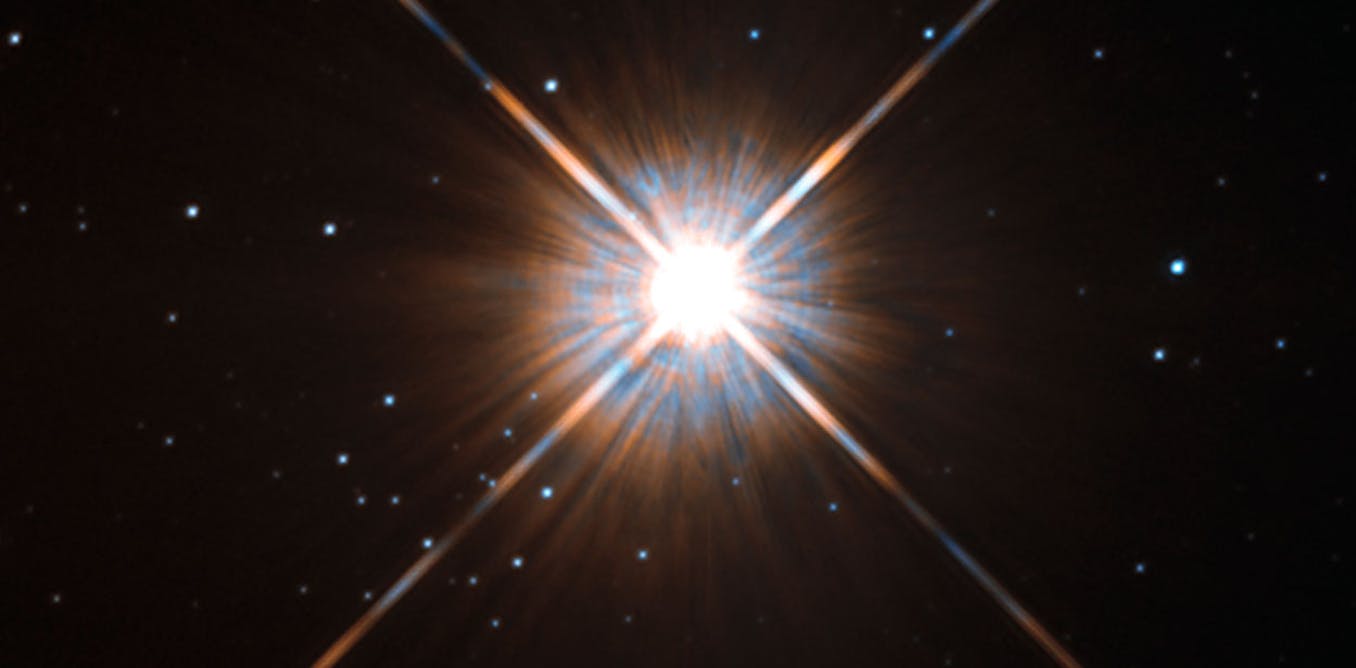Moon lacked a magnetic field for nearly all its history – new research resolves mystery sparked by rocks brought back on Apollo
Without a magnetic field, the Moon’s surface is exposed to solar wind. These could have been depositing resources like water and potential rocket fuel on the Moon’s surface for billions of years.
Aug. 4, 2021 • ~11 min

